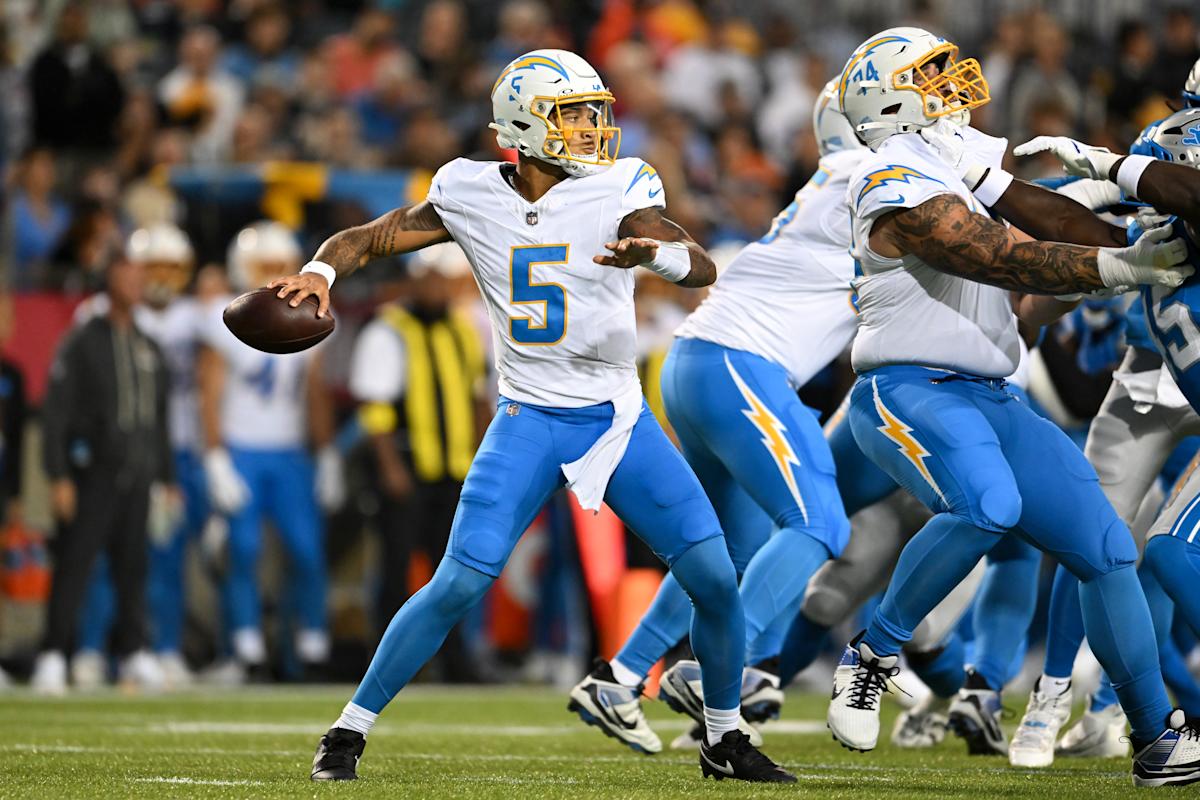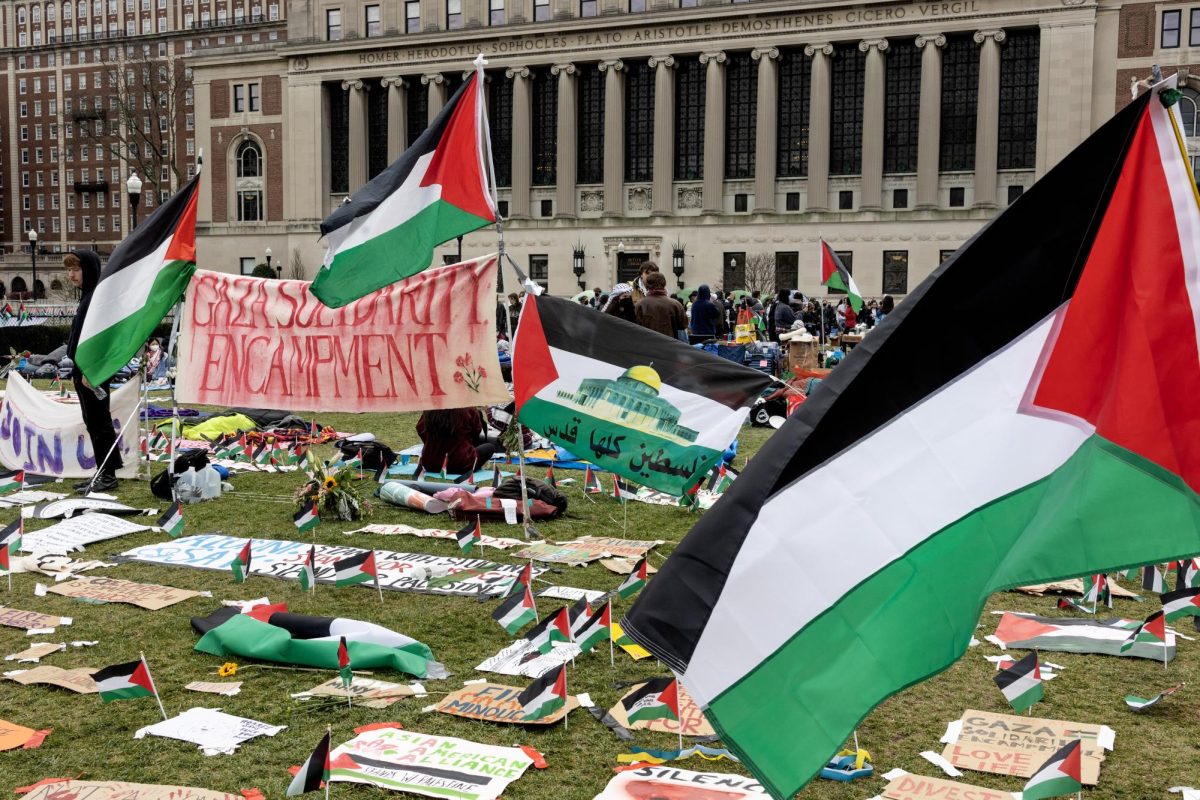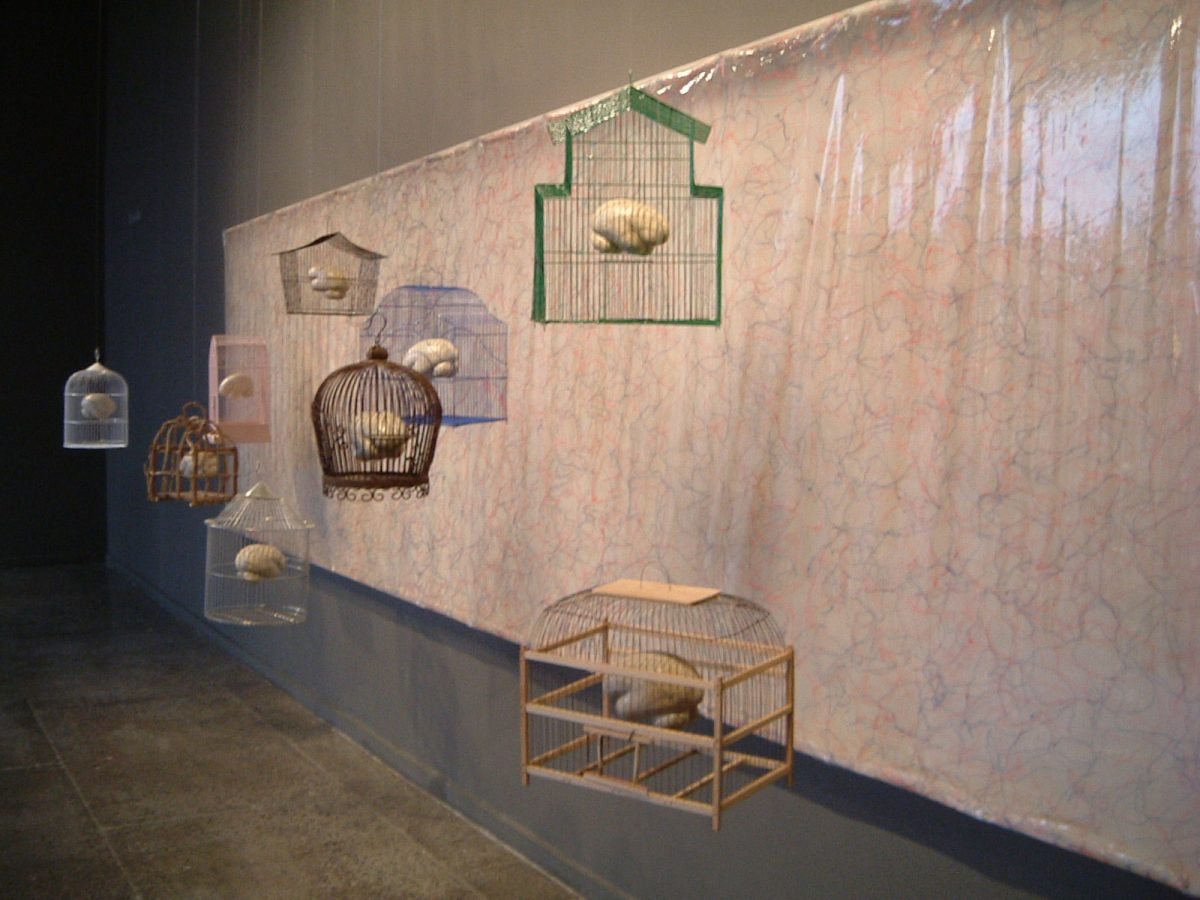On October 7th, war broke out in Gaza between Israel and Hamas after Hamas made a surprise attack on Israel, killing at least 1200 Israelis and taking 240 hostages. For more background knowledge, read Conflict Erupts In Israel and Gaza. Since the beginning of the war, there has been a lot of controversy across the world about the conflict.
On April 17, at Columbia University’s South Lawn, pro-Palestine protesters set up a tent encampment to protest Israel’s actions in Gaza and their academic institutions’ alleged complicity with those actions. Students are protesting Israel’s counterattack that has killed over thirty thousand people, according to Gaza health officials, and are calling for a ceasefire. According to the Columbia University Apartheid Divest, the encampment was made to “pressure Columbia to divest all funds, including endowment, from corporations that profit from Israeli apartheid, genocide and military occupation in Palestine.” After Columbia’s encampment, more encampments started forming at college campuses around the United States. Some colleges where encampments formed include: Vanderbilt University, Tufts University, New York University, Yale University, Harvard University, Northwestern University, University of Wisconsin-Madison, UCLA, and many more. 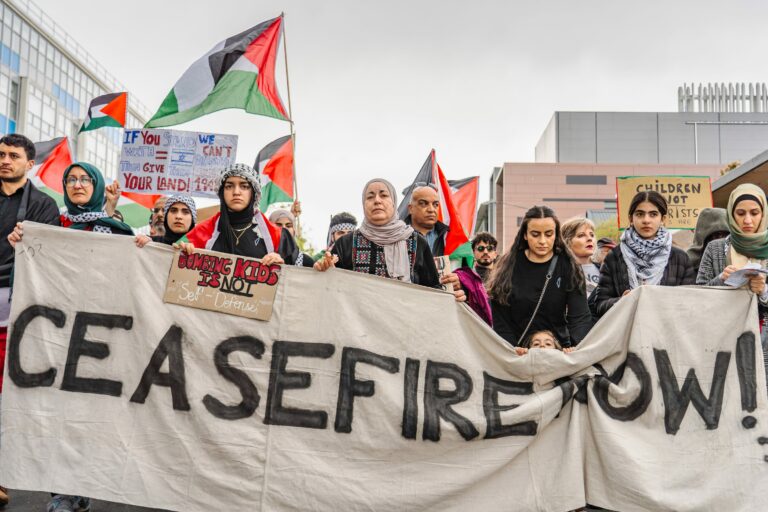
Students for Justice in Palestine is an organization that has played a key role in organizing these encampments. Other groups including American Muslims for Palestine, Palestine Action, Palestinian Youth Movement, Party for Socialism and Liberation,Young Democratic Socialists of America (YDSA) and others have also contributed to the organization of the protests. The groups of protesters around the country are making demands at their colleges. The demands generally involve divesting from companies linked to Israel or businesses profiting from the war with Hamas. Some are asking that the university severs academic ties with Israeli universities and support a ceasefire.
Since the formation of these encampments, there has been a significant rise of hate and antisemitism on college campuses. A Jewish Yale University student journalist who was reporting on an anti-Israeli protest was stabbed in the eye with a Palestinian flag. At the University of Michigan, and many other schools, students hung banners reading “Long Live the Intifada.” Intifada is a reference to two periods, the late 1980s and early 2000s, when Palestinian terrorists committed acts of violence against Israelis, resulting in the deaths of over 1,000 people. On April 18, protesters gathered outside of Columbia’s campus gates to support the encampment and screamed remarks at a group of Jewish students. One protester reportedly said, “Remember the 7th of October? That will happen not one more time, not five more times…but 10,000 more times.” Another protester added, “Never forget the 7th of October…The 7th of October is about to be every f***ing day for you. You ready?” At Columbia’s campus, a protester held a sign reading “Al-Qasam’s [Hamas’s military wing] next targets” with an arrow pointing towards a group of counter-protesters holding Israeli and American flags. At UCLA and other colleges, Jewish students have reported that they are being not only harassed and threatened verbally, but also spit on and blocked from entering college entrances.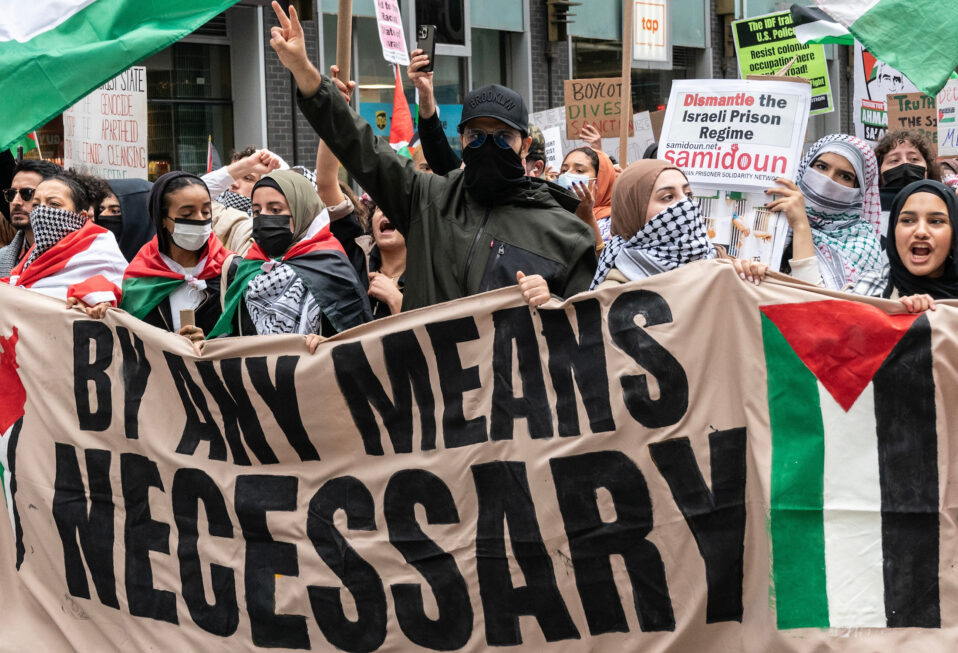
There have been a variety of responses to the encampments by university administrations. At some colleges, arrests were made relatively quickly by police for failure to comply with university rules. Schools like the University of Texas-Austin, Ohio State University, Washington University called the police swiftly to make arrests. Other colleges, like Tufts, UCLA and Columbia, let the encampments remain, but in some cases had to shut them down later. At Columbia University, after a first round of arrests of 108 students, police made a second round of arrests when students broke into Hamilton Hall. Protesters broke a window to gain entry into the building and barricaded the doors. The students hung up banners reading “Student Intifada” and “Free Palestine” from the building’s exterior. Police officers used a ladder to gain entry into the second story of the building, and 109 arrests were made. At the University of Wisconsin-Madison, the administration tried to find a balance. They allowed the encampment to stay for two nights, but then 34 people were arrested on Library Mall after receiving multiple warnings to remove the tents which are not allowed on university property. Finally, a few colleges have come to an agreement with the protesters. Both Northwestern University and Brown University have agreed to a deal with the protesters in order to have encampments taken down.













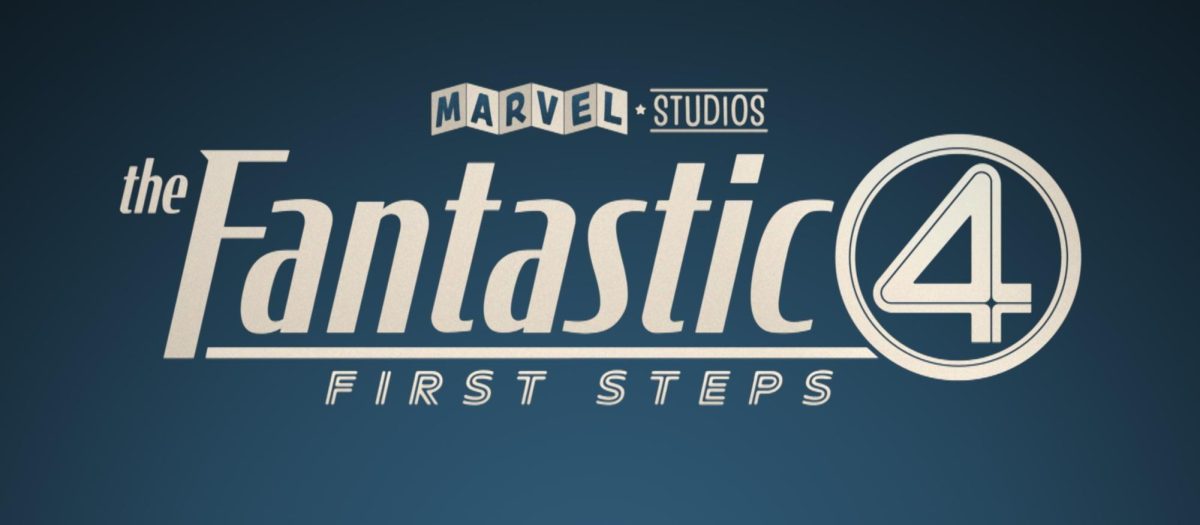











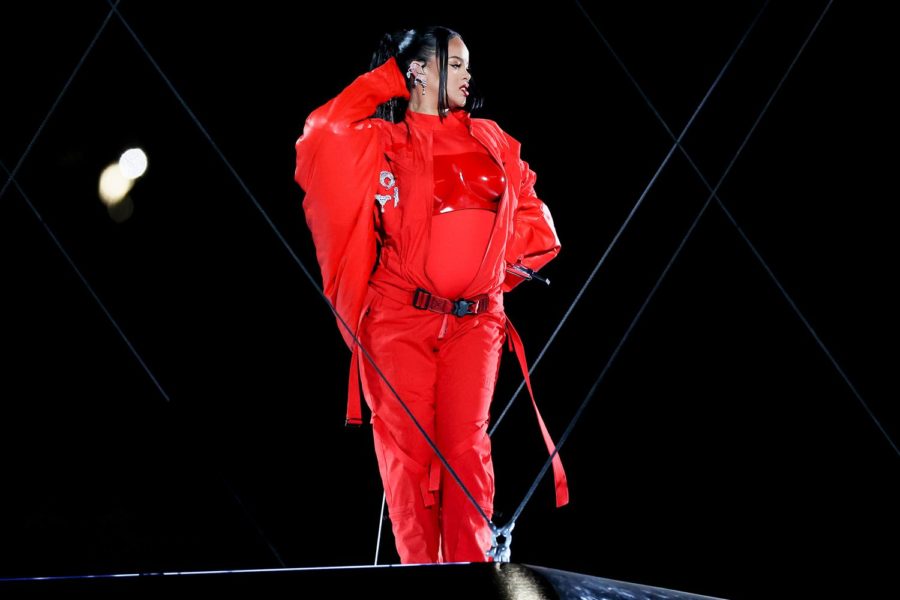


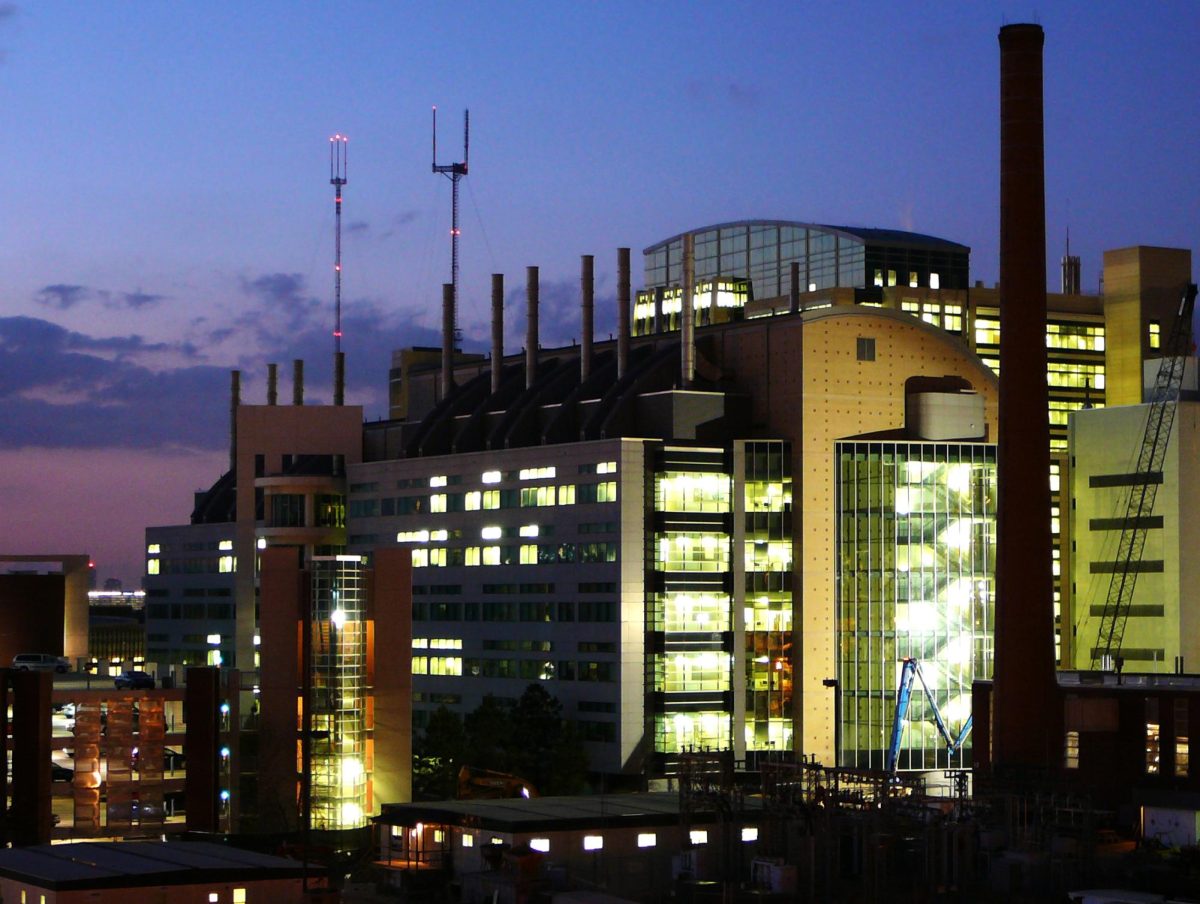
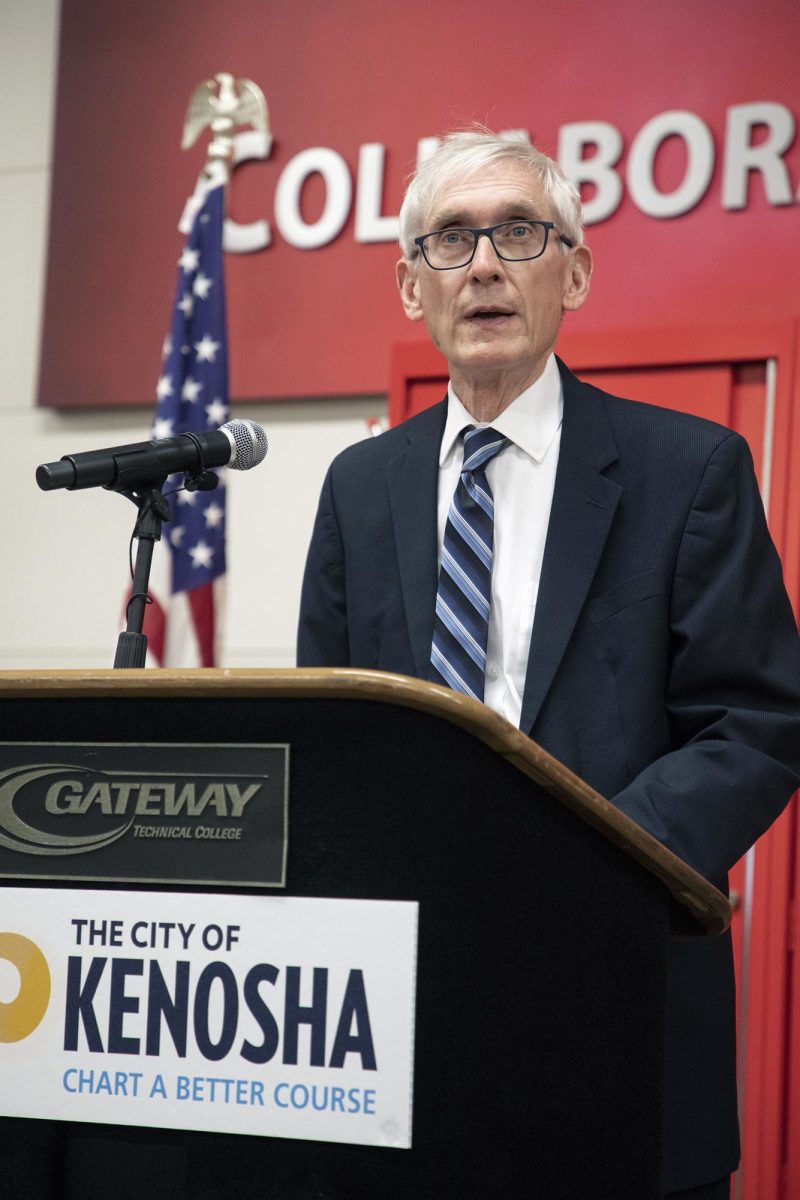

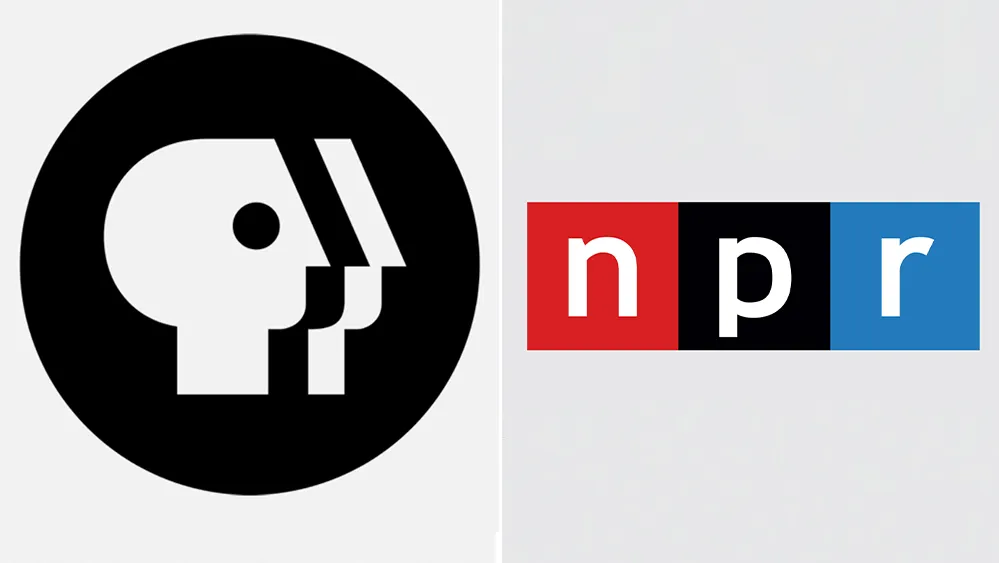
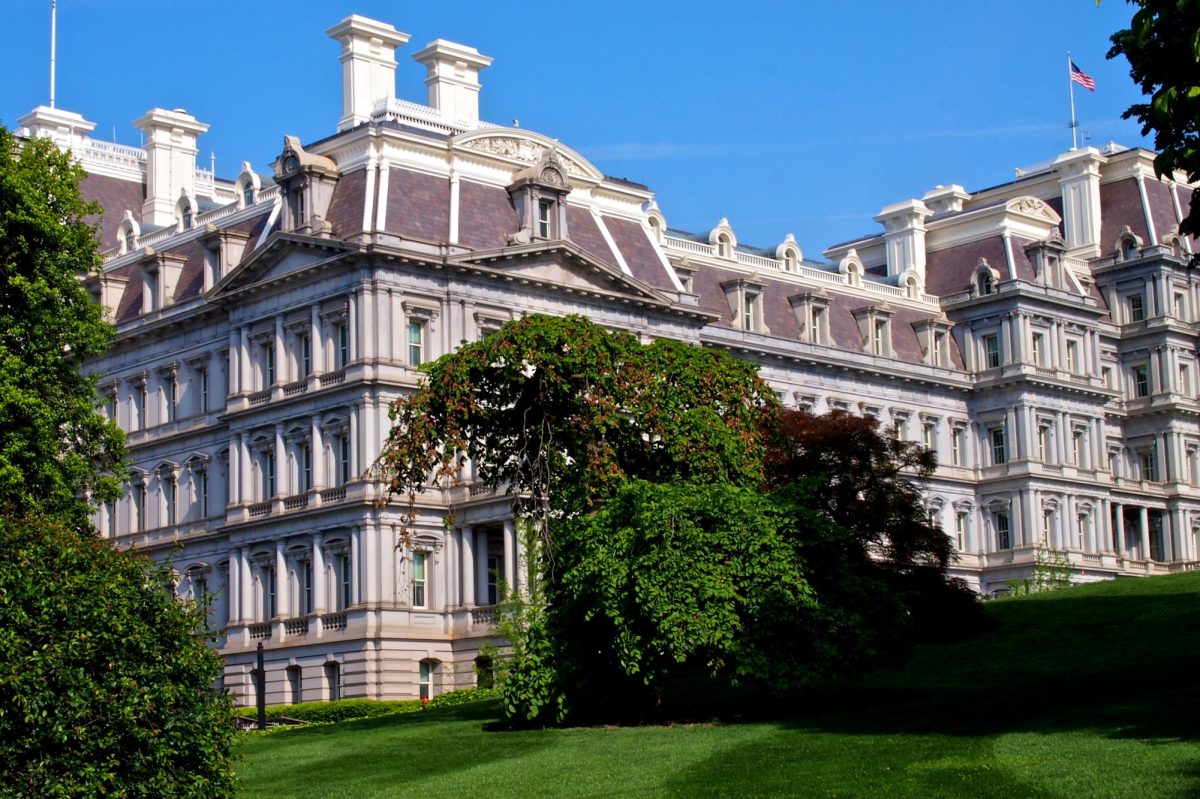



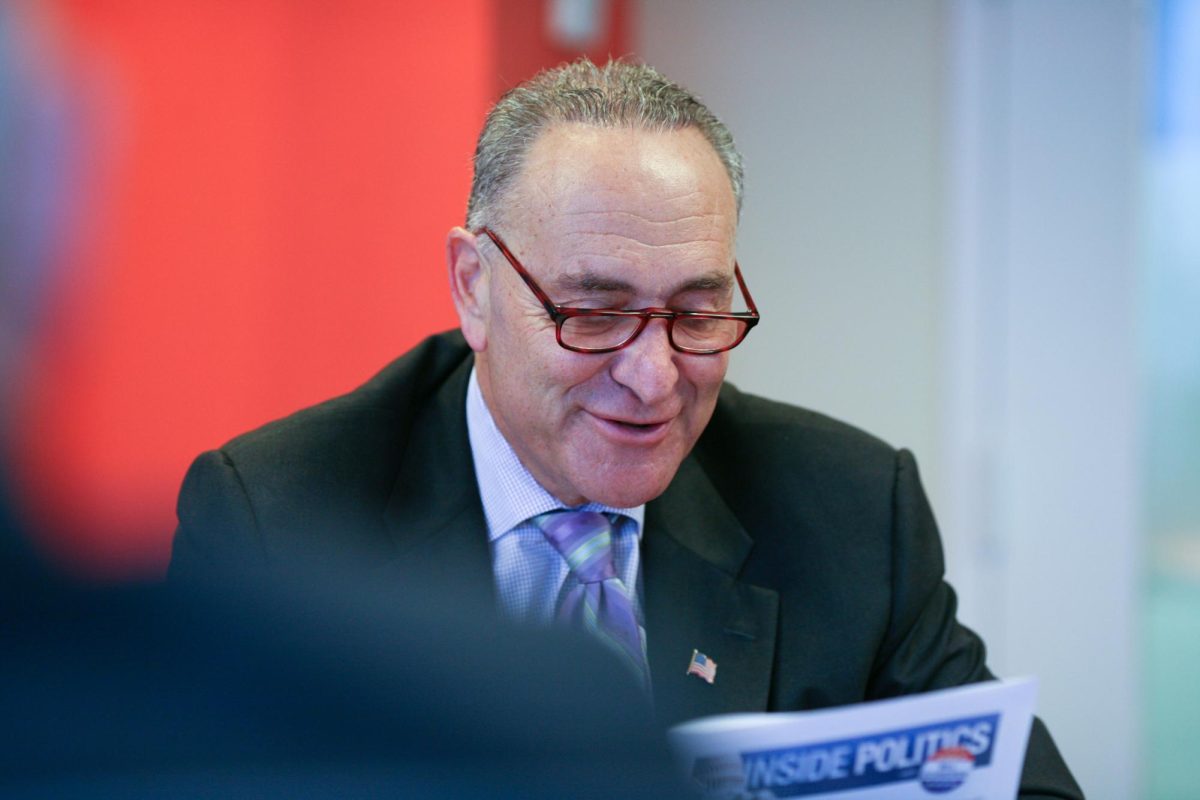
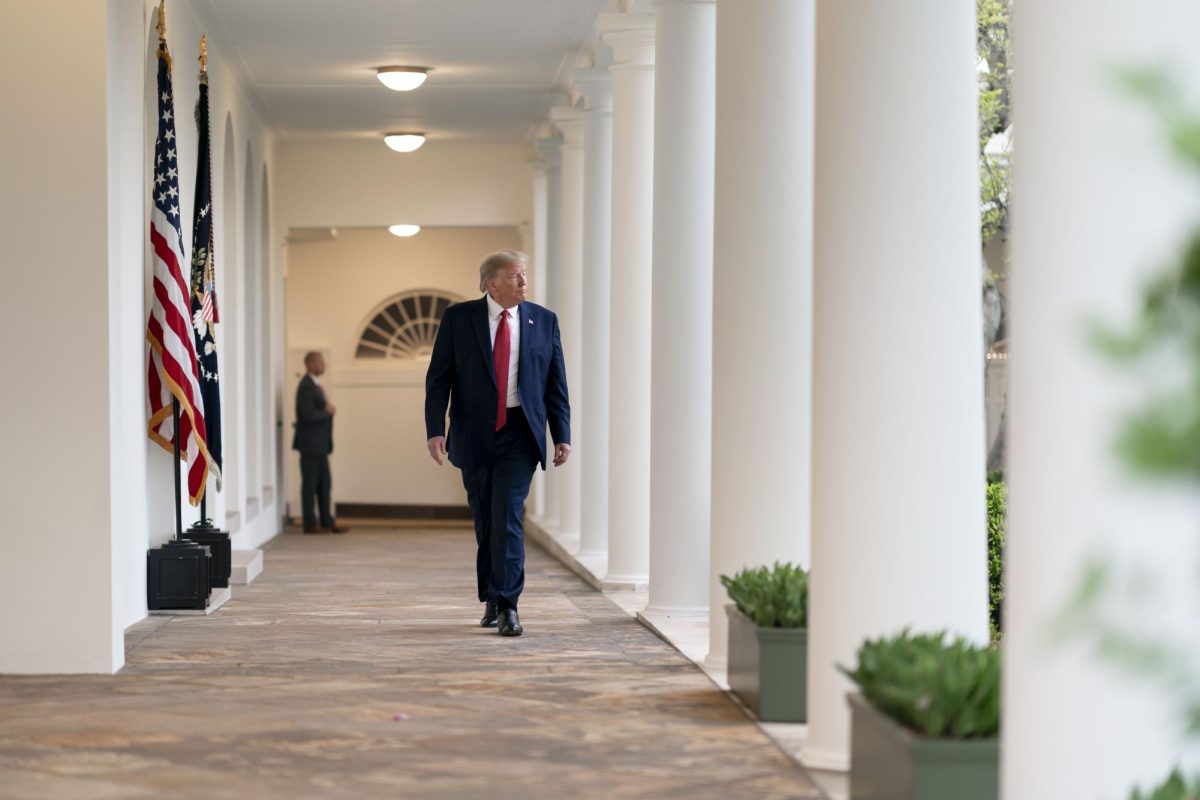


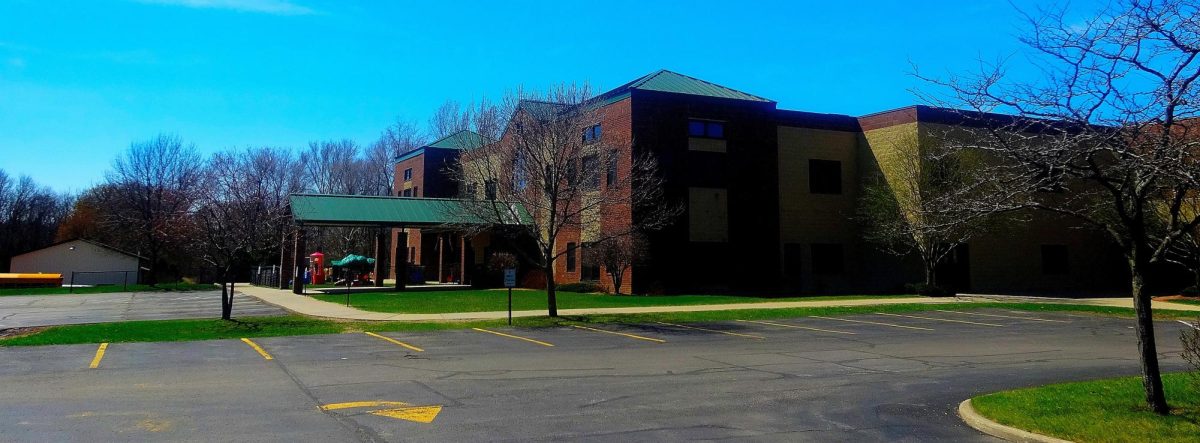
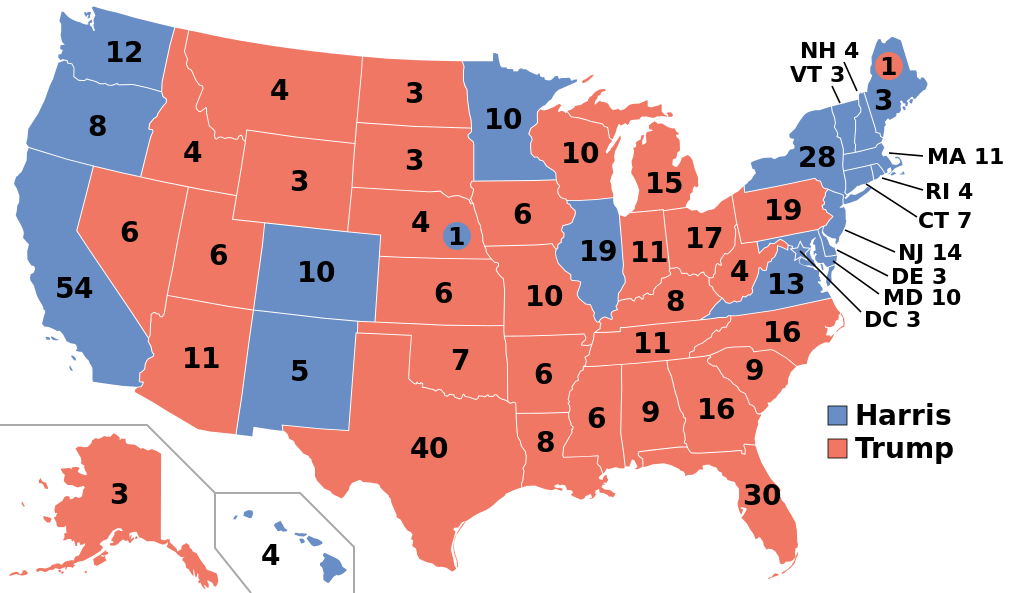
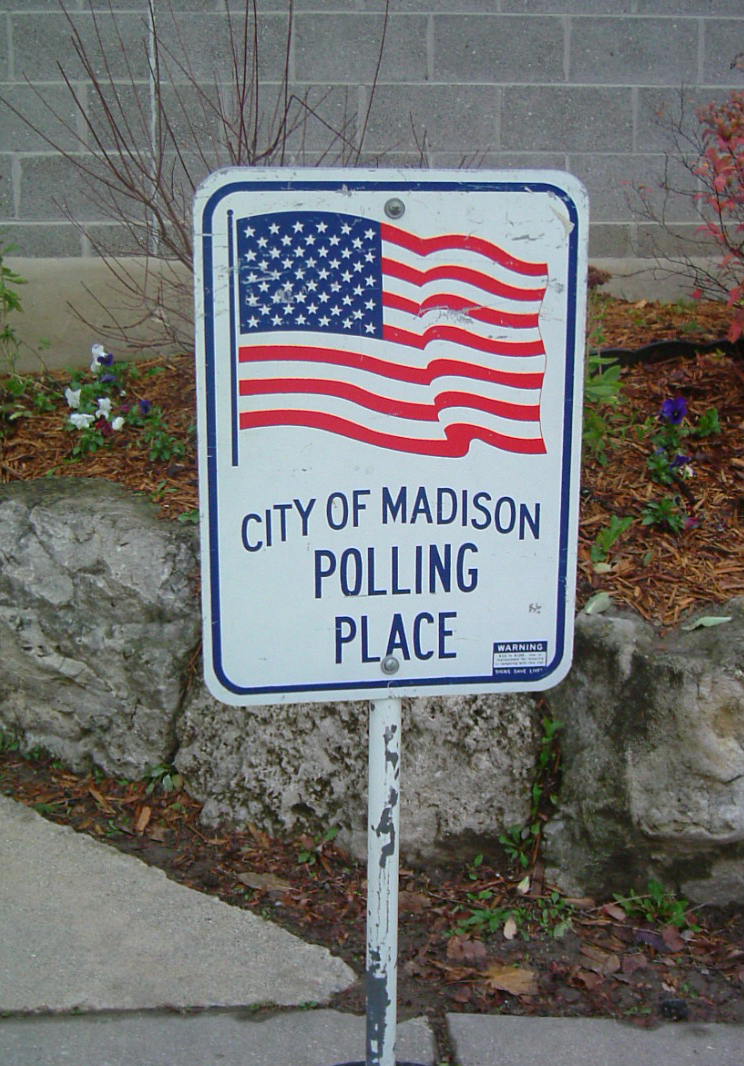






![Image credit to [puamelia]](https://memorialswordandshield.com/wp-content/uploads/2025/08/3435027358_ef87531f0b_o-1200x803.jpg)

